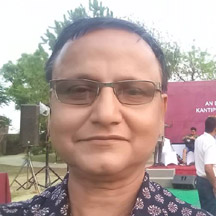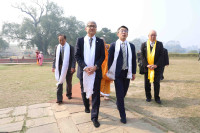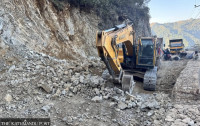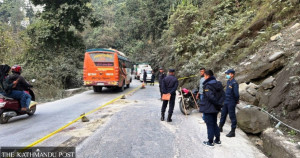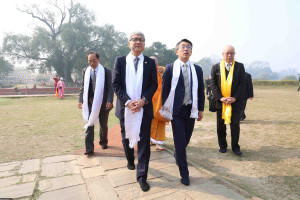Lumbini Province
In Bardiya, even elected Dalit representatives face caste-based bigotry
Untouchability and caste discrimination may have taken a backseat in public places and platforms, but it is still prevalent on an individual level, say Dalits.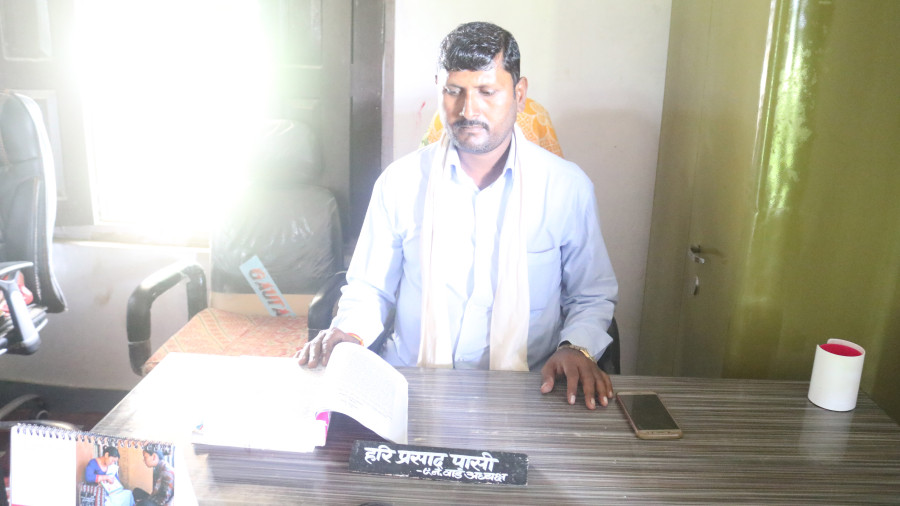
Kamal Panthi
Hari Prasad Pasi was elected as the chairman of Ward No. 9 in Gulariya Municipality during the local election held in 2017. During the election campaign, Pasi was committed to fighting for equality and publicly vowed to work against deeply rooted caste-based discrimination.
But things have not gone according to plan. Despite being the chairman of a local unit, Pasi, a Dalit himself, has been subjected to caste-based discrimination.
“People chant slogans against caste discrimination in public places and others also join in,” said Pasi. “But when we pay a visit to their homes, they serve us food in utensils separated for Dalits. The so-called upper caste people are reluctant to take my counsel and suggestions. They do not answer my “namaste” when they come to the ward office,” added Pasi, saying that untouchability and caste-based discrimination may have taken a backseat in public places and platforms but it is still prevalent on an individual level.
“Untouchability and caste-based discrimination still prevail in our society,” said Pasi, adding that one could easily imagine the plight of ordinary Dalit people when an elected representative such as himself was discriminated in the community that he supposedly represents. He voices his concern over the future of Dalits, and their illiteracy, lack of awareness and poverty that burdens them. There are around 500 Dalit people at Ward No. 9 of Gulariya. “However, only five Dalit people have passed the SEE (Secondary Education Examination) so far,” said Pasi. “Dalits do not have easy access to health and education. The problem of caste-based discrimination cannot be resolved without education and mass awareness.”
The dropout rate of Dalit students is also quite high. According to Pasi, the dropout rate of Dalit students up to class five is around 20 to 25 percent. “I have been doing my best to convince Dalit people to send their wards to school for education,” he said.
“A huge number of people asked voters not to support me during the election. They were worried that they would have to greet me and take service from me if I won the election,” he said.
The situation of other elected representatives is exactly the same. Binita Adhikari Pariyar, a ward member as well as an executive committee from ward 9, said that people still discriminated her for being a Dalit. “Some Dalit friends even complained to me that they are made to eat on leaves while working in the field with non-Dalits,” she said.
Mayor Muktinath Yadav said many Dalit children were deprived of school education mainly due to poverty and lack of awareness. He assured he would launch various programmes to improve the situation of Dalits soon.




 11.12°C Kathmandu
11.12°C Kathmandu